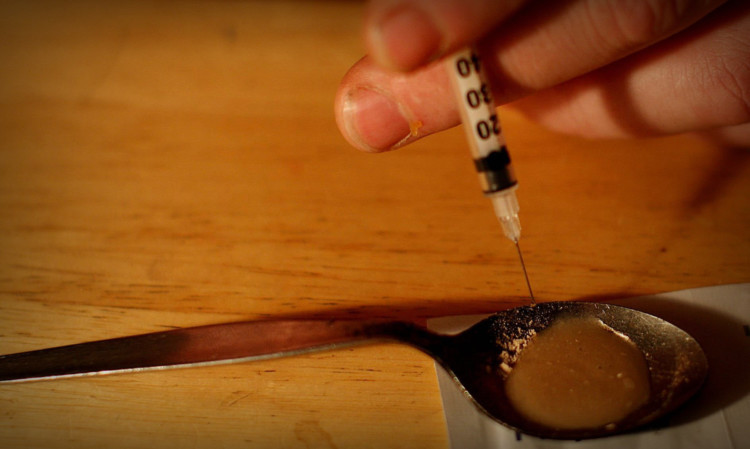Fife Council is to plough £300,000 into helping people quit their addiction to drugs or alcohol.
Hailed by a leading expert as a “win-win” for Fife, it will plug a vital gap in services offered in the region to those trying to kick the habit.
Some £250,000 will be allocated to fund places in residential rehabilitation units. An additional £50,000 will be used to support training and employment.
As there are no residential facilities dealing with substance misuse in Fife, places will be secured in units across Scotland. It is expected that a minimum of 12 places will be offered from next month until March next year.
Fife Alcohol and Drug Partnership, which will manage the funding on behalf of Fife Council, has welcomed this additional money being made available to support the delivery of key priorities.
Fife ADP’s decision to fund three places this year was described by Roseanna Cunningham, the Scottish Government’s minister for community safety and legal affairs, as “a great step forward”.
One of Fife ADP’s services, FIRST, will help provide support to users from the time they are assessed to the moment they return to Fife and will offer ongoing support.
Scottish Recovery Forum’s chief executive Kuladharini said: “This plan makes a serious contribution to recovery from addiction in Fife.
“It plugs a gap in your treatment service recovery pathway and, critically, makes provision for the smooth transition back into the Fife community. In so doing it will decrease relapse and ensure that individuals who have completed residential rehab can contribute and be part of the local recovery community. A win-win for Fife.”
Councillor Kenny Selbie, chairman of Fife’s safer communities committee, has been tasked by the administration with ensuring the funding is used effectively to help people break free of problem alcohol or drug use.
“Too many people in our communities are trapped in a cycle of addiction that can seem impossible to get out of,” he said.
“This funding shows Fife Council’s commitment to helping people move away from addiction though intensive rehab programmes and high-quality training and employment opportunities.”
In the past residential facilities have not been easily available to people in Fife but this funding will support people to take the first steps in rebuilding their lives in a safe, supportive but challenging environment, Mr Selbie said.
The £50,000 will be used to support training and employment for people who have recovered from their addiction. It will go to the Scottish Drug Forum’s award-winning addiction worker training programme.
This is open to any Fife resident who has been free of drug or alcohol problems for a minimum of two years.
“It is already proving to be a great success for those selected and they in turn are an inspiration to their peers,” he added.
It will increase the number of paid Fife trainees and provide additional volunteering opportunities to people in recovery.
